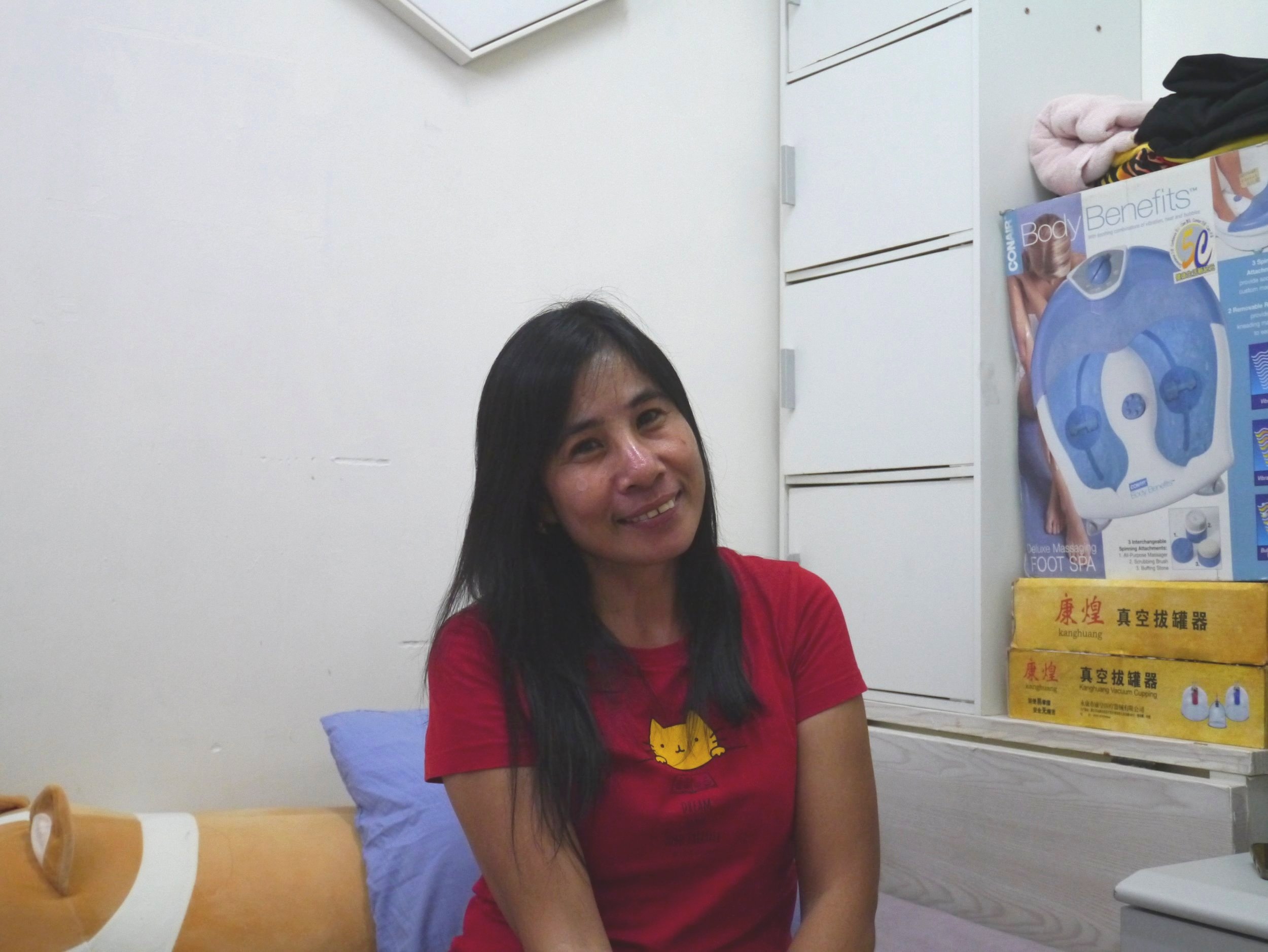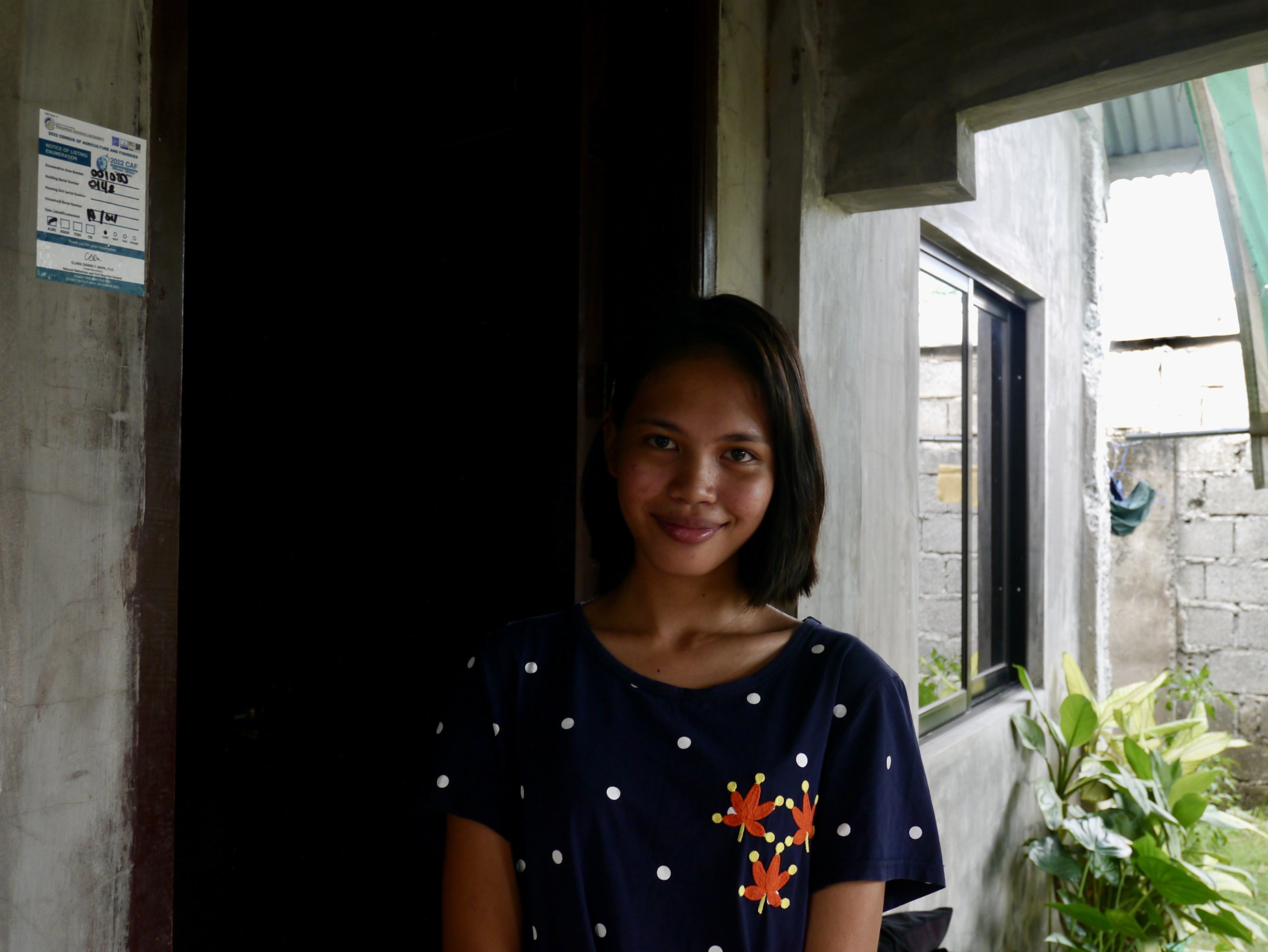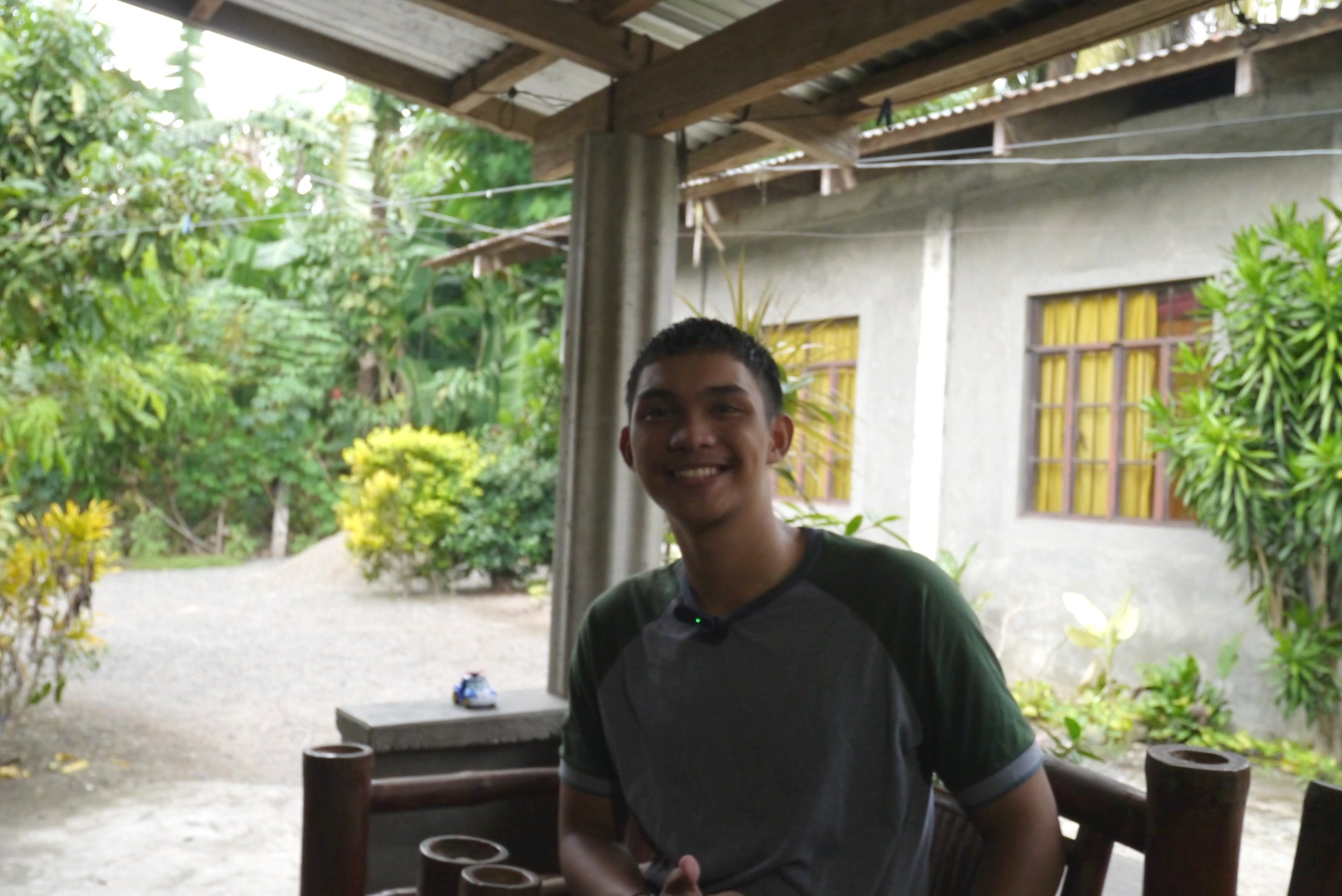
A parent’s dilemma: when economic stability comes at the price of separation
Who are Overseas Filipino Workers (OFWs)?
According to the Philippines Statistics Authority, the total number of Overseas Filipino Workers (OFWs) in 2020 totalled 2.2 million, or over ten percent of the Filipino population —- a result of the poor economic opportunities within the country. As of 2024, the Hong Kong government mandates a minimum wage of HKD $4990 (~USD $650) per month for domestic workers, which is around three times the average nominal wage (USD $213) in the Philippines. Drawn by these better economic opportunities, many Filipinos part home for years at a time, leaving their children to the care of their relatives. The increased income provides additional security for OFWs to cover not only their basic necessities, but also expensive costs for their children’s education or family medical bills.
Like thousands of other Hong Kong children, I grew up with a Filipino auntie, Wilma, a foreign domestic helper who lived and took care of my family, acting as my second mom. Yet, I’ve also always wondered about her children, three kids just like my sister, brother, and I, whom she left behind to provide for her family. Motivated by an urge to learn more about her story and that of the countless other Overseas Filipino Workers (OFWs), I started this project to investigate the relationship between motherhood, economic stability, and separation.
The project was divided into two parts: the first centered on OFWs in Hong Kong, and the other focused on the Filipino children left behind. First, I interviewed 10 domestic helpers in Hong Kong. I then traveled to Isabela, Philippines along with Wilma in July 2024, interviewing the children of OFWs on their lives and perspectives of their parents’ absence.
This website shares a selection of their stories in the form of short videos. To learn more about them, click on the links below.
From left to right: Wilma’s grand-niece, son, niece.
A project on parenthood & separation
















